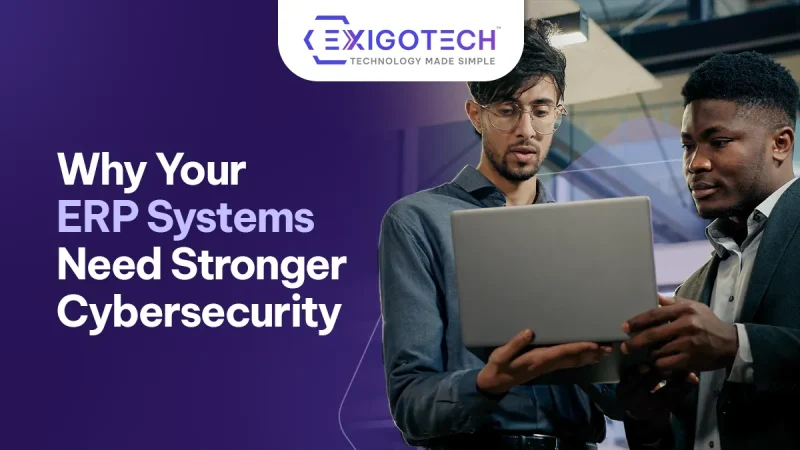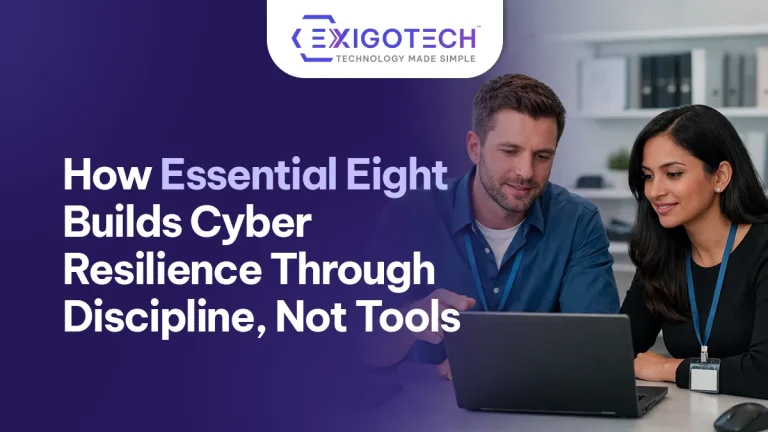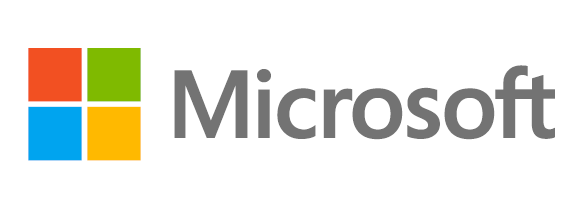Enterprise Resource Planning (ERP) systems are the backbone of most organisations today. They manage finance, supply chain, HR, procurement, customer data, and more. That means they manage everything that keeps a business running smoothly.
Because they hold so much important information, ERP systems have become a major target for cyberattacks. Yet, many businesses still overlook how vulnerable these systems can be.
Why ERP Systems Are at Risk
ERP platforms hold sensitive and business-critical information, from payroll data and supplier contracts to customer details and financial records. This makes them a goldmine for attackers.
At the same time, ERP systems are becoming more complex. As businesses move to hybrid and multi-cloud environments, ERP systems are increasingly connected with other tools, apps, and services. This added flexibility helps businesses work faster, but it also increases the attack possibility.
Common risks include:
- Outdated software: Legacy ERP systems often run on old versions that are no longer patched or supported.
- Misconfigured settings: A small mistake in access controls or permissions can open the door to unauthorised users.
- Remote access: With more people working remotely, unsecured logins and weak passwords create new entry points for attackers.
Even well-protected networks can become vulnerable when visibility is limited or when multiple platforms are not properly monitored together.
Common Security Gaps
Many businesses assume that because their ERP systems are hosted in the cloud or sit behind a firewall, they are automatically safe. Unfortunately, that’s not the case.
ERP systems often have security gaps that go unnoticed, such as:
- Overprivileged users: Employees may have more access rights than they need, creating risks of accidental or intentional data leaks.
- Limited visibility: Without proper monitoring tools, unusual or suspicious activity can remain undetected.
- Third-party integrations: APIs and plug-ins that connect ERP systems with other apps can introduce vulnerabilities if not properly secured.
- Inconsistent compliance controls: Many ERP systems don’t have built-in tools to enforce data protection regulations like ISO27001 or GDPR.
These hidden weaknesses create opportunities for attackers and can cause major damage if not addressed early.
Internal Threats Matter Too
While cyberattacks from outside often get the most attention, threats can also come from within. Internal risks, whether intentional or accidental, are becoming more common.
For example:
- An employee with excessive access may download confidential reports without realising the security impact.
- Someone may reuse weak passwords across systems, giving attackers an easy way in.
- Departing staff might retain login credentials that are never deactivated.
These types of issues don’t always come from bad intentions. Often, they happen because of a lack of visibility or control. But the result can be the same: sensitive business data being exposed or misused.
The Impact of a Breach
A security breach in an ERP system affects far more than just IT. It can disrupt finance, HR, supply chains, and customer service all at once.
The direct impact can include financial losses, downtime, and lost productivity. But the indirect costs can be even higher, including damage to brand reputation, loss of customer trust, and potential legal or regulatory penalties.
Regulations such as GDPR, ISO27001, and industry-specific standards continue to tighten, meaning businesses must prove they are protecting sensitive data. Failure to do so can lead to fines and lasting reputational damage.
How to Strengthen ERP Security
Protecting ERP systems requires more than just antivirus software or firewalls. You need a layered security approach that provides visibility, protection, and compliance.
By combining Microsoft 365 E5 Security, Dynamics 365, and Exigo Protect, organisations can:
- Control who can access what information.
- Detect unusual activity in real time.
- Prevent data loss and protect sensitive files.
- Meet compliance standards automatically.
- Respond quickly to potential threats.
Together, these tools help build a strong defence for your most important business systems and data.
A Smarter, Safer Future for ERP
ERP systems are critical to business success, but their security can no longer be an afterthought. As cyber threats evolve and regulations tighten, every organisation needs to ensure its ERP platforms are protected, monitored, and compliant.
By adopting a layered, integrated approach to security, you can not only reduce risk but also gain greater confidence in your operations, knowing that your most valuable data and systems are safe.
Watch Our On-Demand Webinar
If you missed our recent live session on ERP security, you can now watch the full webinar on demand. In this session, our experts walk through real-world examples of ERP vulnerabilities and show how Exigo Protect helps businesses detect risks, strengthen defences, and ensure compliance across Microsoft 365 and Dynamics 365 environments.
Watch the Webinar Recording Below
 Philippines
Philippines Australia
Australia Singapore
Singapore India
India Ben Opit | Oct 13, 2025
Ben Opit | Oct 13, 2025













